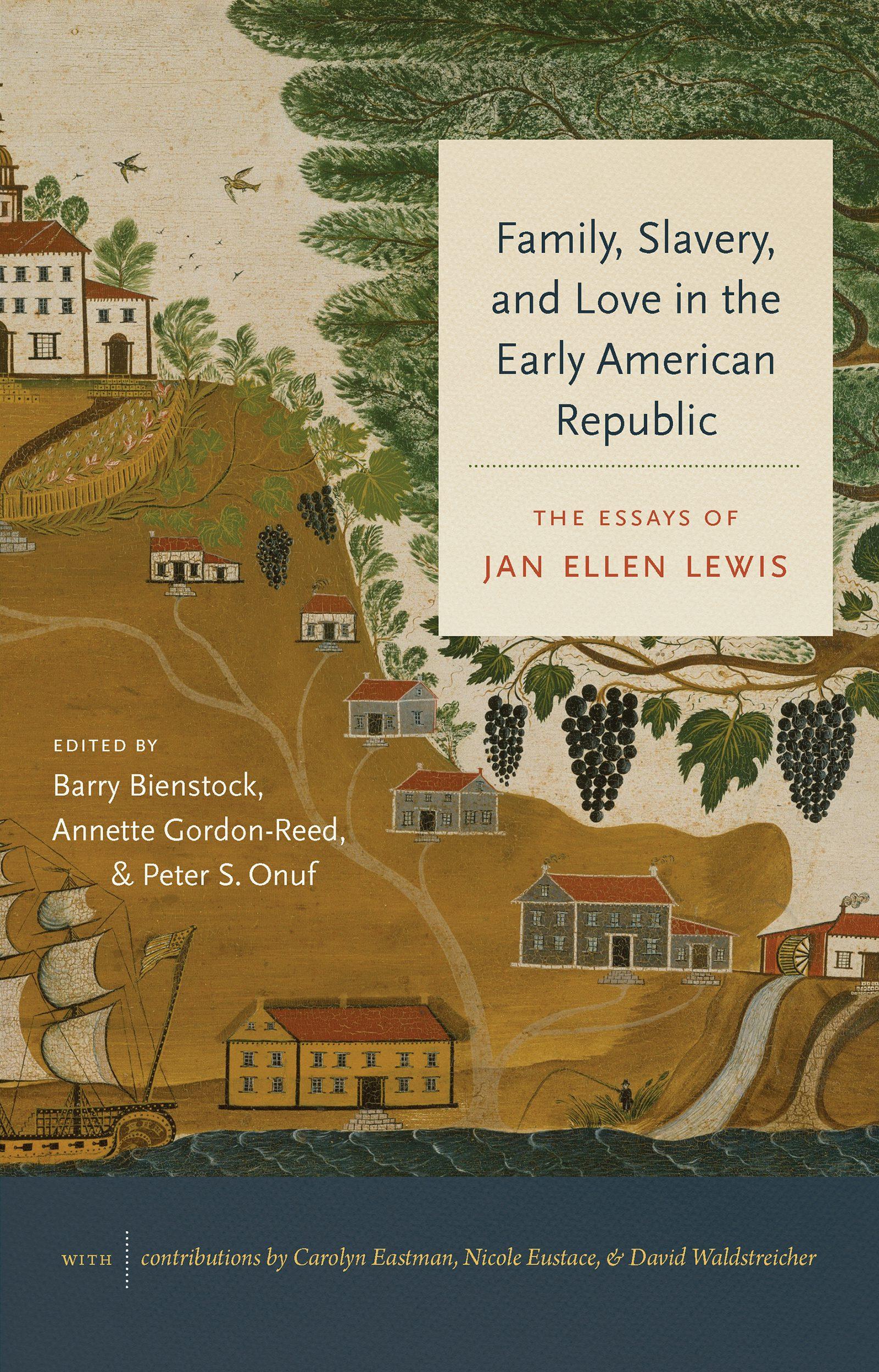Thomas Jefferson’s attitudes about women were remarkably conventional, so conventional, for the most part, that to describe them is essentially to provide an account of the standard views about sexual difference and women’s roles held by men of his time, place, and social standing.
In the letters Jefferson exchanged with his friends, filled with chatter about young women, he was trying out and trying to make sense of the world of heterosexual relations. As historian Joanne B. Freeman has noted, Jefferson was an avid gossip, and, if the chitchat about who was courting whom did not serve as “conduits for other people’s aggression” in the way that political gossip did, it certainly revealed an underlying anxiety about who was getting ahead and who was being left behind. And, as he would later, when insisting that he was sick and tired of politics and wanted nothing more than to retire to his mountaintop, from time to time Jefferson proclaimed himself weary of the whole enterprise of courting the ladies. In one of his more gossipy letters (“You have heard I suppose that J. Page is courting Fanny Burwell. W. Bland, and Betsy Yates are to be married thursday se’nnight”), Jefferson denied not only that he was a gossip (“Who told you that I reported you was courting Miss Dandridge and Miss Dangerfeild?”) but that he even planned to marry. “Many and great are the comforts of a single state.” True, “St. Paul…says that it is better to be married than to burn. Now I presume,” Jefferson joked, “that if that apostle had known that providence would at an after day be so kind to any particular set of people as to furnish them with other means of extinguishing their fire than those of matrimony, he would have earnestly recommended them to their practice.” Who needed to court young heiresses when more willing women could be had for a considerably lower price? In this gossipy letter, Jefferson’s anxieties about the mercenary nature of the relationship between the sexes came through.
Once he married, Jefferson’s anxieties about sex and gender abated, and he soon made his stunning entrance on the political scene. By marrying a beautiful and affluent young woman, Jefferson was able to settle down, in several senses of the term. Whatever his earlier anxieties about marrying, he found great joy in domesticity, and it became for him, even after his wife’s death, the measure of human happiness. Jefferson moved, then, from a kind of conventional misogyny to a kind of conventional valorization of domesticity. We see this appreciation for the domestic life not only in Jefferson’s reminiscences about his married life but also in his subsequent contrast of the satisfactions of private life and the pure and unabated miseries of the public sphere. Not only was his marriage one of “unchequered happiness,” but his wife’s death in “a single event wiped away all my plans and left me a blank which I had not the spirits to fill up.” Twenty years earlier, the anxieties of courtship had left Jefferson depressed and listless; now it was the death of his beloved wife. Jefferson had grown up.
